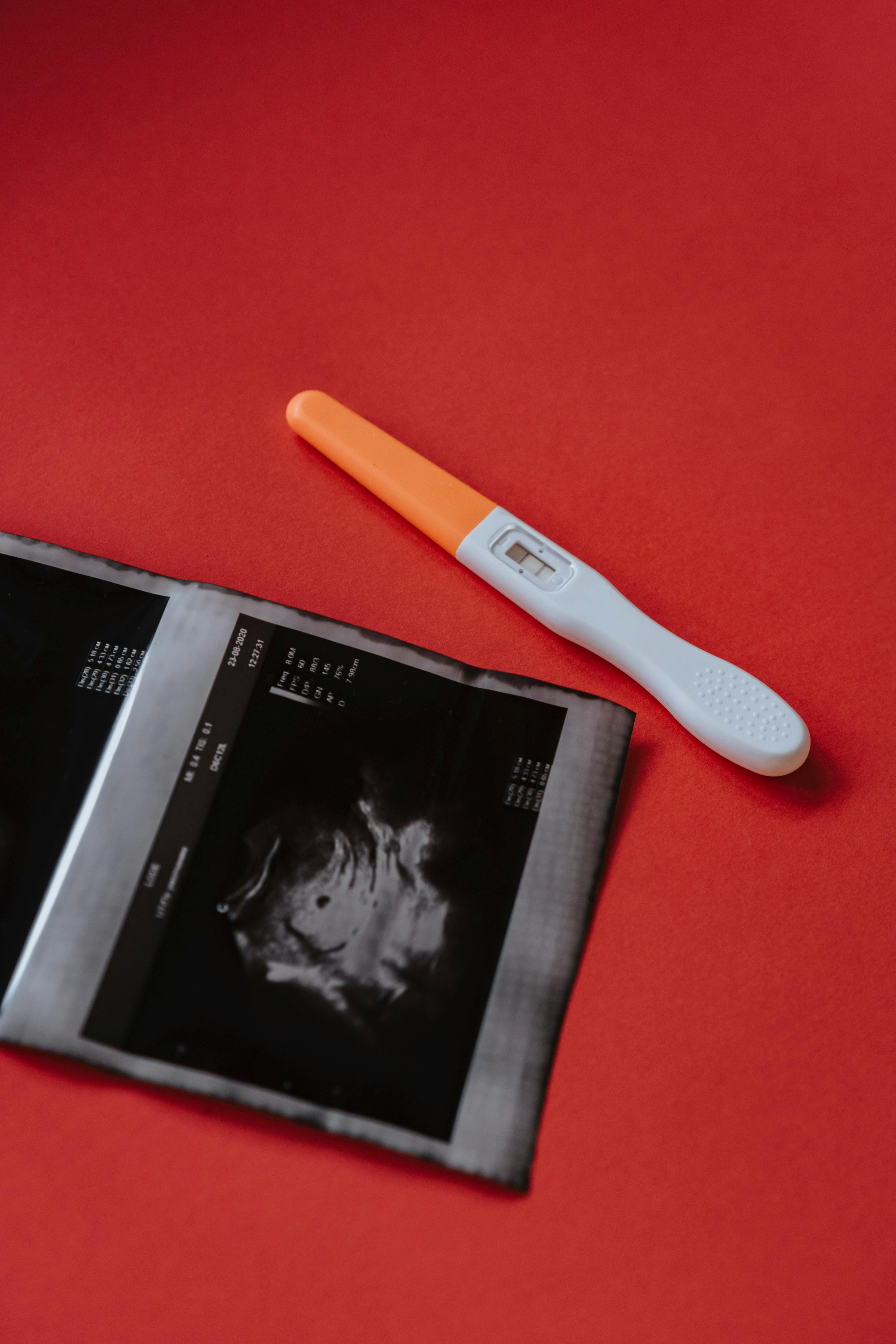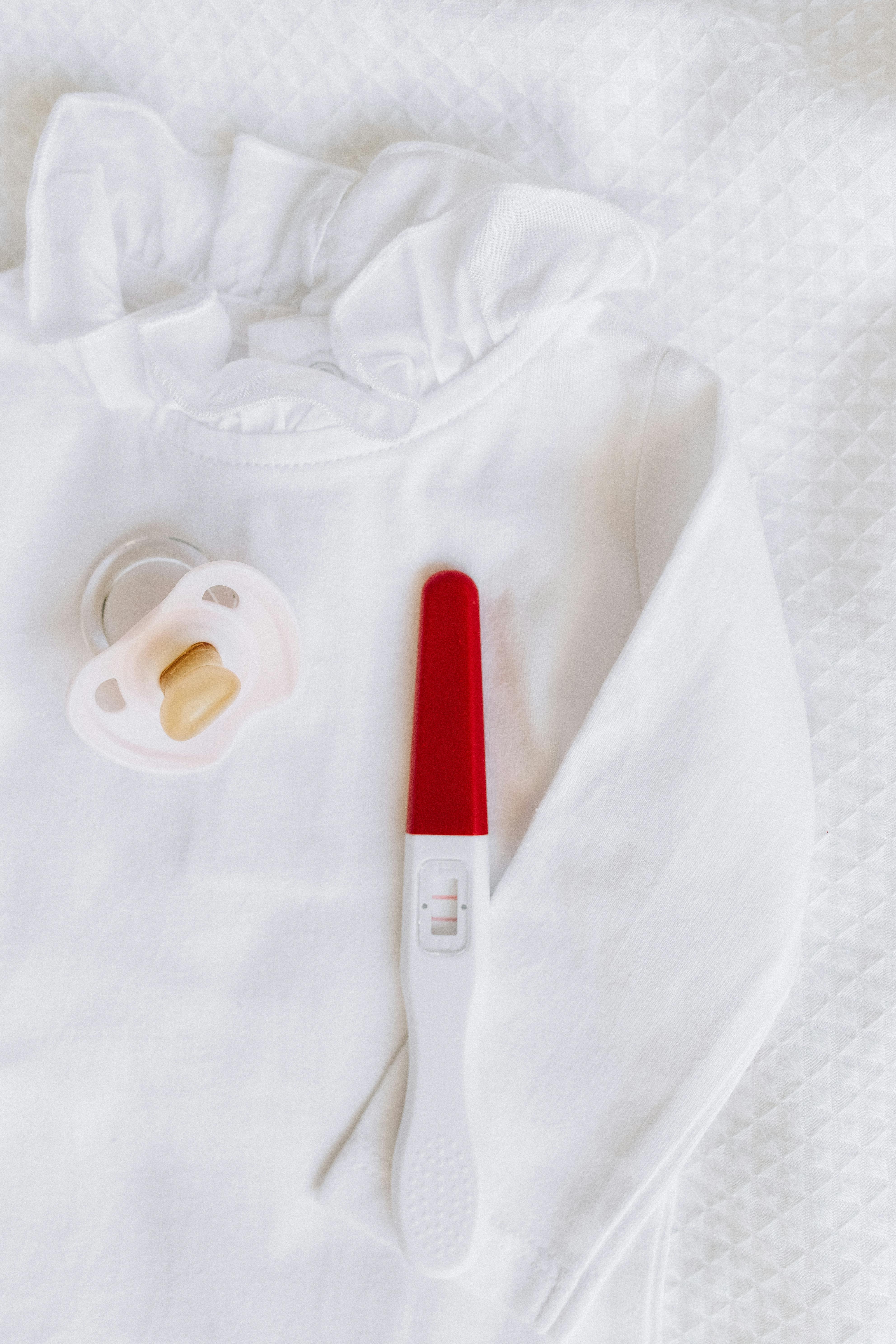Infertility can be a challenging journey, affecting millions of couples around the world. With numerous contributing factors, the path to conception can often feel overwhelming, and conventional treatments like IVF or medications may not always lead to success. This is why many people are turning to complementary therapies, such as acupuncture, for a more holistic approach to enhancing fertility. Rooted in Traditional Chinese Medicine (TCM), acupuncture offers a natural way to support reproductive health. In this article, we’ll dive into how acupuncture works, its potential benefits, and the evidence supporting its role in fertility treatments.
What is Acupuncture and How Does It Work?
Acupuncture is an ancient practice that involves inserting thin needles into specific points on the body to stimulate energy flow, also known as Qi (pronounced “chee”). In TCM, Qi is essential for overall health, and any imbalance or blockage in its flow can lead to illness—including infertility. By targeting specific acupuncture points, practitioners aim to restore balance, improve bodily functions, and support overall well-being.
How Acupuncture Impacts Fertility
- Hormonal Balance:
Acupuncture may help regulate hormones by affecting the endocrine system. Hormonal imbalances, like irregular ovulation or menstrual cycles, can severely impact fertility. Acupuncture helps to normalize hormone levels, promoting better reproductive function. - Improved Blood Flow:
Acupuncture increases blood flow to the reproductive organs, including the uterus and ovaries. This can enhance the quality of eggs, support uterine lining development, and create a more welcoming environment for implantation. - Stress Reduction:
Stress is a well-known contributor to fertility issues. Acupuncture can reduce stress and anxiety, helping to regulate the hypothalamic-pituitary-ovarian (HPO) axis, which is crucial for maintaining hormonal balance and improving reproductive health. - Sperm Quality:
For men, acupuncture may boost fertility by improving sperm count, motility, and overall quality, making it a valuable treatment option for couples dealing with male infertility factors.

Why Acupuncture for Fertility? Key Benefits
- Holistic Treatment:
Acupuncture doesn’t just address the physical aspects of fertility—it also considers emotional and psychological well-being. This holistic approach can be a powerful support for those facing the emotional toll of infertility. - Complementary to Conventional Treatments:
Many couples undergoing fertility treatments like IVF find that acupuncture complements their medical therapies. Some studies suggest that acupuncture may even increase the success rates of assisted reproductive technologies (ART), making it a helpful adjunct. - Minimal Side Effects:
Unlike pharmaceutical treatments, acupuncture comes with very few side effects. While some may experience minor discomfort from the needles, serious complications are rare, making acupuncture a low-risk option. - Tailored to You:
Each acupuncture treatment is personalized to the patient. Practitioners assess each individual’s unique needs and develop a customized treatment plan to address their specific fertility challenges.
The Science Behind Acupuncture for Fertility
While acupuncture has been practised for centuries, modern research is beginning to explore its benefits for fertility more thoroughly. Here are some key findings:
- Clinical Studies:
A prominent study published in the Journal of the American Medical Association (JAMA) showed that women who received acupuncture during IVF treatments had higher pregnancy rates compared to those who didn’t. Acupuncture before and after embryo transfer seems particularly beneficial. - Systematic Reviews:
Some reviews of multiple studies show positive effects on clinical pregnancy rates and live births, while others have mixed findings. Determining definitive conclusions can be challenging because of variability in study designs, sample sizes, and acupuncture protocols. - Specific Conditions:
Acupuncture is especially helpful for conditions like Polycystic Ovary Syndrome (PCOS) or unexplained infertility. For women with PCOS, acupuncture may regulate menstrual cycles and improve ovulation. For those with unexplained infertility, it supports overall reproductive health.
What to Consider Before Trying Acupuncture
If you’re considering acupuncture for fertility, here are a few things to keep in mind:
- Consult with Your Doctor:
Always speak with your healthcare provider before starting acupuncture, especially if you’re undergoing fertility treatments. A collaborative approach ensures that all aspects of your fertility journey are aligned. - Choose the Right Practitioner:
It’s essential to find a licensed acupuncturist with experience in fertility treatments. Their expertise in reproductive health can make all the difference in tailoring the best treatment for you. - Timing Matters:
Many experts recommend starting acupuncture several months before trying to conceive or beginning fertility treatments. This gives your body time to adjust and respond to the therapy. - Frequency of Sessions:
Acupuncture treatments typically occur once a week, but frequency may vary depending on your cycle or the timing of fertility treatments.

Is Acupuncture Right for You?
If you’re facing fertility challenges, acupuncture may be worth exploring as part of a comprehensive fertility plan. By addressing hormonal imbalances, improving blood flow, reducing stress, and enhancing overall health, acupuncture offers a natural, supportive approach to reproductive well-being. While the evidence continues to evolve, many couples have found it a helpful addition to their fertility journey.
For those interested in trying acupuncture for fertility, the best approach is to work closely with both a healthcare provider and a qualified acupuncturist to develop a personalized treatment plan. With patience and a holistic mindset, acupuncture may help you step closer to parenthood.
Acupuncture offers a promising complementary therapy for individuals and couples on the path to conception. While not a standalone solution, it supports reproductive health by addressing hormonal, physical, and emotional factors. For those seeking a natural, holistic approach to fertility, acupuncture provides a unique way to enhance well-being and potentially improve fertility outcomes. By integrating it into your fertility plan, you may find the balance and harmony needed to support your journey to parenthood.


